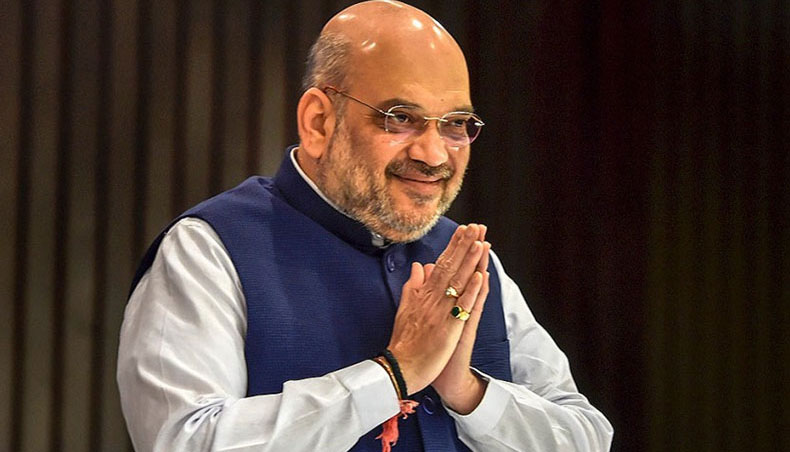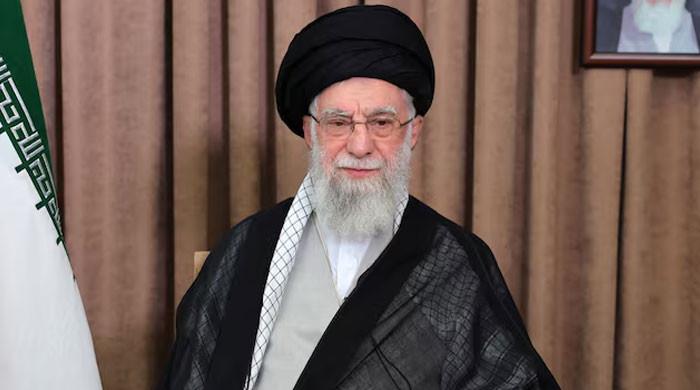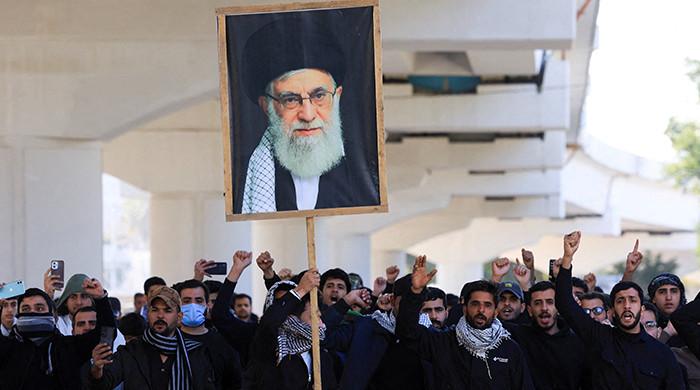US committee proposes sanctioning top Indian officials, including Amit Shah, over controversial bill
US commission on religious freedom decries 'dangerous turn in wrong direction' by India with passage of contentious citizenship bill targetting Muslim immigrants
December 10, 2019

WASHINGTON: The passage of the religiously discriminatory Citizenship (Amendment) Bill in India, widely seen as being aimed at marginalizing the 200-million strong Muslim minority in the country, has fanned concerns in the United States.
The lower house of the Indian legislature early Tuesday passed the controversial Citizenship (Amendment) Bill, which will grant citizenship to religious minorities from neighbouring countries but not Muslims. The bill was voted on amid raucous scenes in parliament and protests in the northeast of the country.
The bill provides that Hindus, Sikhs, Buddhists, Jains, Parsis, and Christians fleeing ‘persecution’ in Muslim-majority Afghanistan, Bangladesh and Pakistan may be granted Indian citizenship. There is no similar provision for Muslim refugees.
The bill sailed through the lower house with 311 votes in favour and only 80 against.
It still has to be voted on by the upper house of the Indian legislature before it can be enacted as law.
Reacting to the controversial bill, the US Commission on International Religious Freedom (USCIRF) released a statement saying that it is ‘deeply troubled’ by the legislation.
According to the USCIRF, it will propose sanctions against senior members of the Indian political leadership if the bill is enacted as law.
In its statement,the USCIRF noted that the bill specifically excluded Muslims, setting a legal criterion for citizenship based on religion.
"The Citizenship (Amendment) Billis a dangerous turn in the wrong direction; it runs counter to India’s rich history of secular pluralism," the statement said.
The commission also condemned the bill as a ‘violation’ of the Indian constitution, relating it to recent efforts to introduce the National Register of Citizens (NRC) in Assam and nationwide. The NRC, like the citizenship bill, is widely believed to be the brain-child of the Indian Home Minister, Amit Shah.
"USCIRF fears that the Indian government is creating a religious test for Indian citizenship that will strip citizenship from millions of Muslims," the USCIRF warned.
In a statement made separately early Tuesday, the US House Foreign Affairs Committee had also condemned the passage of the contentious bill through the Indian lower house, saying that the so-called ‘religious test’ for citizenship undermined basic democratic tenets shared by the US and India.
India terms USCIRF's statement as “inaccurate and unwarranted”
The Indian Ministry for External Affairs rejected USCIRF statement on the citizenship bill as “inaccurate and unwarranted comments”.
Spokesperson for the Indian foreign ministry Raveesh Kumar tweeted saying: “They [USCIRF] have chosen to be guided by their prejudices and biases on a matter on which they have little knowledge and no locus standi.”
Kumar said that such an initiative should be welcomed and not criticised by those who are genuinely committed to religious freedom. He added that the bill does not “affect existing avenues available to all communities interested in seeking citizenship”.
The Indian foreign ministry said that it was not surprised by the USCIRF position due to its past record.











